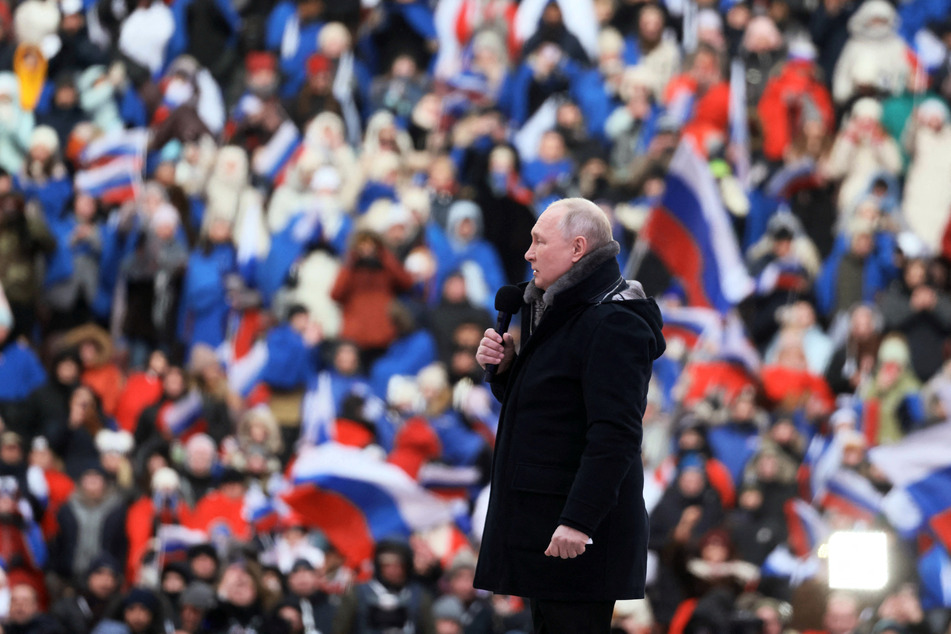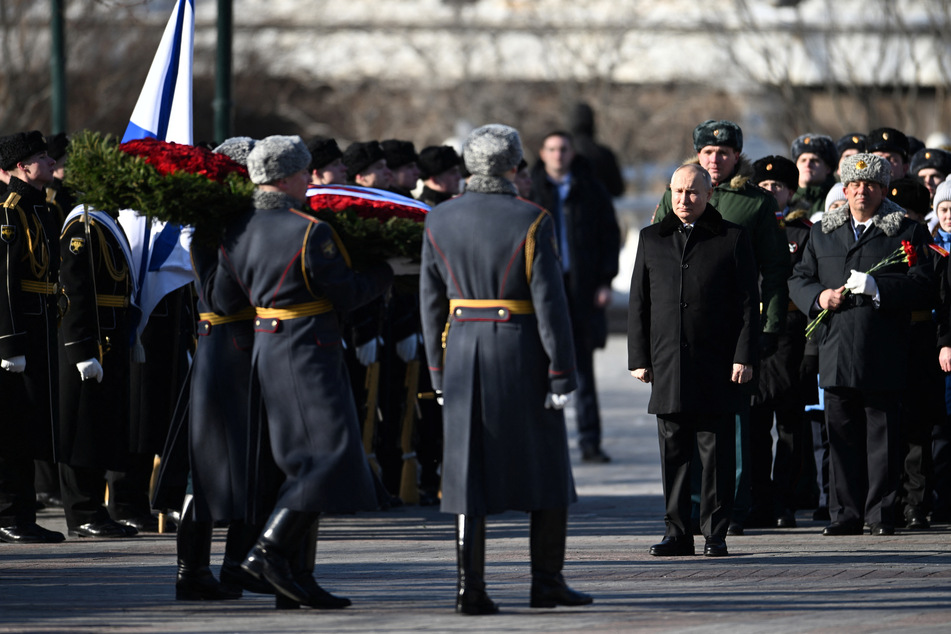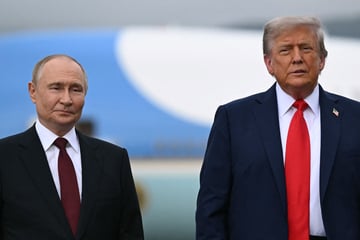Putin drops more dark references to nuclear weapons
Moscow, Russia - Russia will continue developing its nuclear capabilites, President Vladimir Putin vowed on Thursday, one day ahead of the anniversary of Russia's full-scale invasion of Ukraine.

"As before, we will pay increased attention to strengthening the nuclear triad," Putin said in a speech published by the Kremlin for Defender of the Fatherland Day, celebrated in Russia on Thursday.
Putin raised the prospect of starting to deploy the new Sarmat intercontinental ballistic missile this year, which can be armed with nuclear warheads. This had originally been planned for 2022, however.
In addition, the serial production of the Kinshal missile is to be continued and the mass delivery of ship-based Zircon hypersonic missiles is set to begin, Putin said.
"A modern, capable army and navy are guarantors of a country's security and sovereignty," the 70-year-old said.
Russia officially suspended the New START nuclear disarmament treaty with the US on Wednesday, as tensions between the two countries run high over Washington's support for Ukraine.
The US, meanwhile, is planning to continue to honor its commitments under the treaty.
"Nothing is changing in terms of the obligations that we are set to meet," Pentagon spokesperson Sabrina Singh assured reporters on Wednesday.
Putin continues narrative of fight against "Neo-Nazism"

In Thursday's speech, Putin thanked all those who are deployed on Russia's behalf in what he continues to call a "special military operation" in Ukraine.
Once again, he compared today's Russian soldiers to those who fought against Nazi dictator Adolf Hitler during World War II.
"Today, our soldiers are fighting heroically against the neo-Nazism that has taken root in Ukraine. They are defending our people in our historic territories, they are fighting bravely and heroically," Putin said.
Propagandists loyal to the Kremlin also repeatedly question the territorial integrity of Ukraine, which borders Russia.
Last year, Moscow annexed four territories in the east and south of Ukraine, in violation of international law.
Together with the Black Sea peninsula of Crimea, which was annexed in 2014, Russia currently occupies around 18% of Ukraine's territory.
Cover photo: via REUTERS

